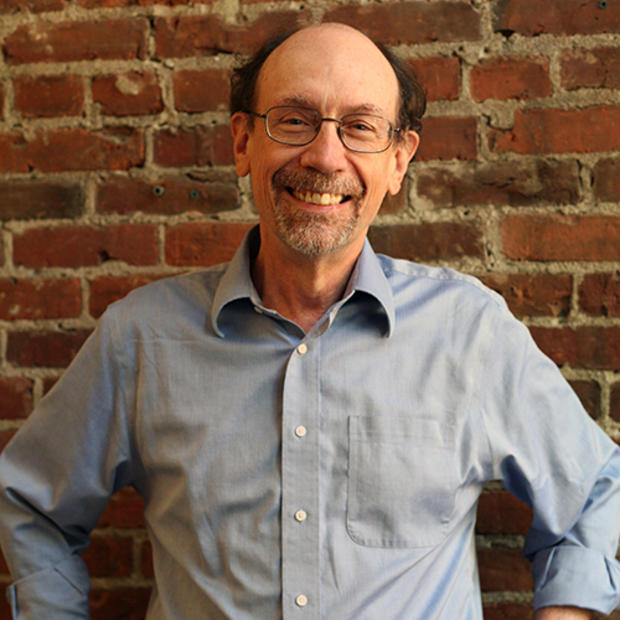As the Socialist Workers Party candidate for mayor, Mary Martin has quickly earned a reputation for ideological statements and a focus on issues that stretch far beyond Seattle's city limits. She comes across in public forums as a bit of a nagging teacher, regularly urging audiences to take to the streets in support of unions, the working class and the end of capitalism.
In a small group, Martin, 60, is quietly charming, with a small smile, dressed neatly in a jacket, striped blouse and silver earrings. Talking with Crosscut writers and editors last week, she was also consistent about her themes: the importance of unions, her support for class struggles, Cuba as a model and the end of capitalism.
If elected, she said, "all I promise is a fight." Rejecting the idea that any well-known local politicians – "capitalist politicians" – could serve as examples she might follow, Martin said she would take a different tack. "My model would be to strongly defend the working class." Questions about the specifics of how she would manage the city's large work force produce few specifics beyond union support. She would urge people to the streets to support the working class when needed.
Her passion for change flashes frequently on national issues such as health care, civil rights and the National Security Agency's phone and email surveillance. ("They say it is for terrorism, but it is really aimed at the working class.") When she takes on more local or regional issues, they are generally labor disputes, the police department's use of force in cases involving minority residents or the conditions of homeless encampments.
So, call her predictable, consistent, serious. But she does break the mold when it comes to some of the campaign's recurring themes:
On police reform in Seattle, where most candidates promise to move forward aggressively with changes, Martin says, "The police are not reformable under capitalism." Under capitalism, she said, the role of police is to protect private property rather than the citizens of Seattle.
Where other candidates have called for stronger city focus on improving Seattle Public Schools, Martin says that education "is class-based" and should be focused on lifelong learning. She notes that Cuba dramatically eliminated illiteracy with a massive public campaign. "We should draw on the skills of many people. What about retired people?" She also said she would favor teaching the "hidden history" of the United States, including racism and lynchings.
She said homeless shelter policies are "structured to make it impossible for people to work." She recounted talking with people who have been homeless and faced with rules like late 11 p.m. check-ins that interfere with their ability to get up early for work. "We need to release the housing stock," she said, suggesting that unoccupied homes and hotel rooms should be made available to those without shelter.
On transportation and tolls, which will be used to help finance the new waterfront tunnel, she says, "I oppose any taxes on the working class." Like other candidates, Martin supports better funding for transit, although she favors turning to the federal government for support. "We will fight for the money and we will get it," she said. "But it is a fight. Everything that I am talking about is a fight."
She pointed to civil rights and the end of segregation as the result of public willingness to take to the streets. And she noted the acceptance of gay marriage in Washington and other parts of county: "This is the result of working people fighting and the fact that working people have the most to gain" from changes.
Martin and her husband, city council candidate Edwin Fruit, live in a West Seattle apartment. She works at a popcorn factory in south King County. No, it isn't unionized. Only 6 percent of private sector jobs have union representation, she said, and the economic crisis has made it even harder to find union workplaces.


